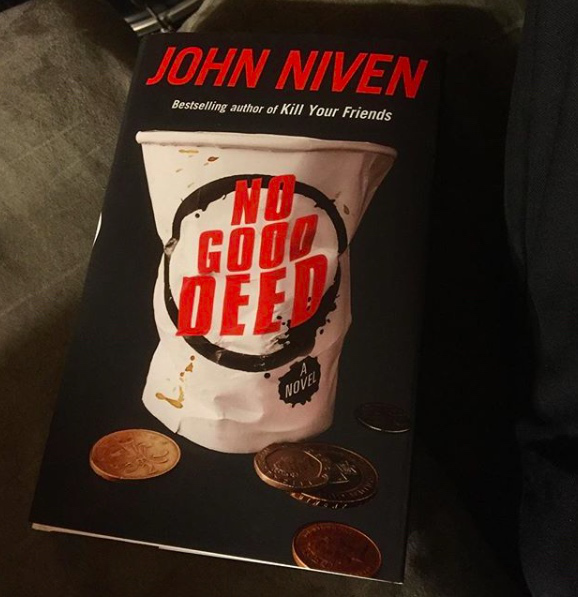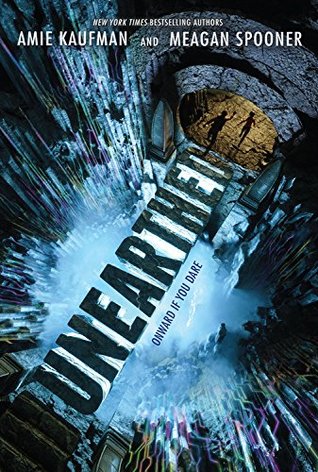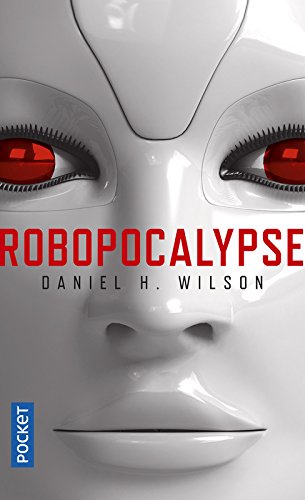No Good Deed examines and satirizes the complications of long-term friendships. We’re brought in on the premise that our main character offers some money to a homeless person, and is thanked by name. After an awkward moment Alan realizes he’s staring at his childhood friend, Craig. He takes his old friend to a pub, and then to his home in an attempt to help him up.
Alan’s a semi famous food critic. Craig played guitar for a band that got big in the early 90’s, and then fizzled out. It feels of an age-old story where the emphasis resides upon the reversal of fortune. Themes of carnival surface as one character is brought up, while the other descends to ruin. These classical notions mixed with contemporary commentary make for an excellent piece of cultural satire. Niven delivers, again.
It is the unspoken feelings long harbored between the two main characters that motivate them to actions both comical and wretched. Distance of years would not change how they felt about each other. It is expressed that, “all the money and fame imaginable could never re-engineer how we come to define ourselves as teenagers” (165). I found myself laughing out loud at the insults, and feeling a genuine emotional investment when dealing with the prospect of loss.
At one point Craig is being interviewed about his story. He is honest about his spiteful feelings toward Alan, and describes him with a harshness that seems far away from the warm feelings we typically associate with friendships. Niven offers an insight that feels all too relatable,
“It did make her slightly sad, however, the realization- common to many jobbing journalists who must routinely deliver copy crafted to suit many different publications – that lurking beneath the piece she was going to write about the life-affirming powers of friendship, there was another piece, a different piece, a better piece. One about the strange currents and deep, dark pools that hide beneath the surface of many lifelong friendships, especially ones that have involved dramatic reversal of fortune” (198).
It’s just fantastic. Probably the best overall work from Niven. My personal favorite since The Second Coming.






